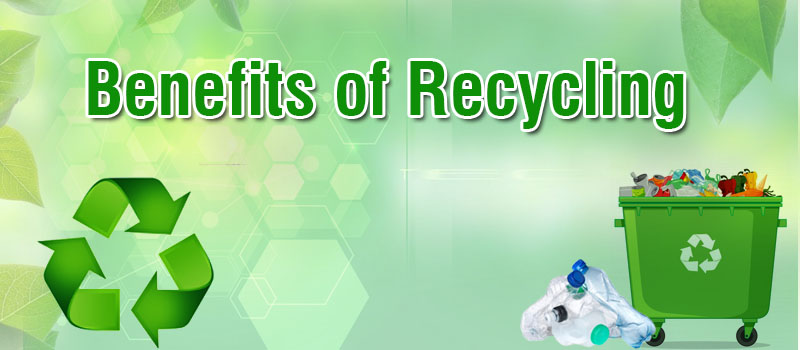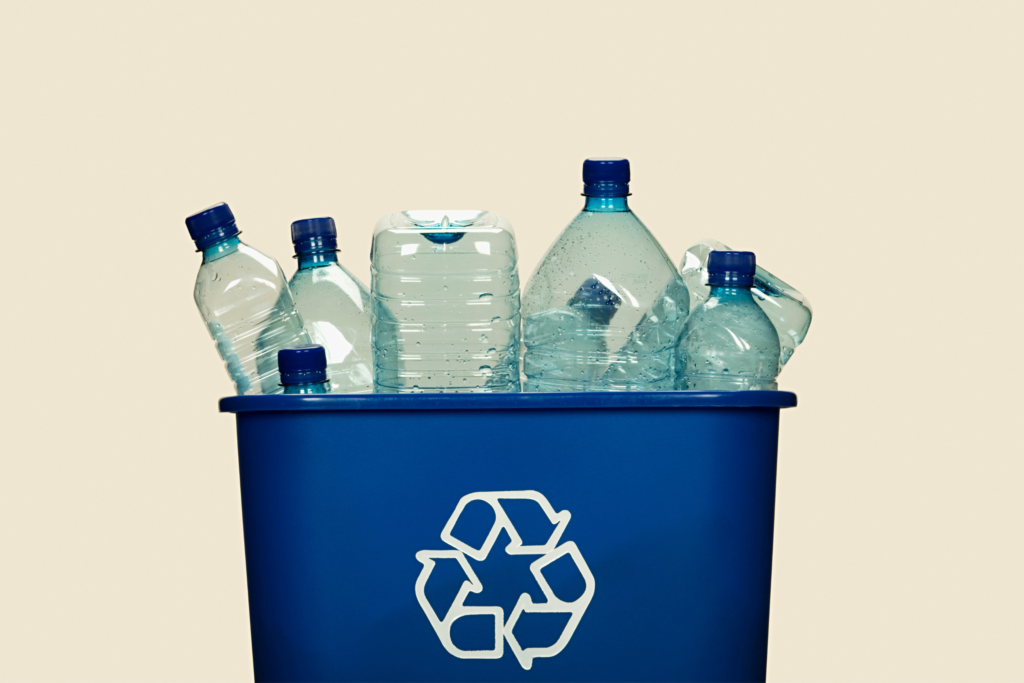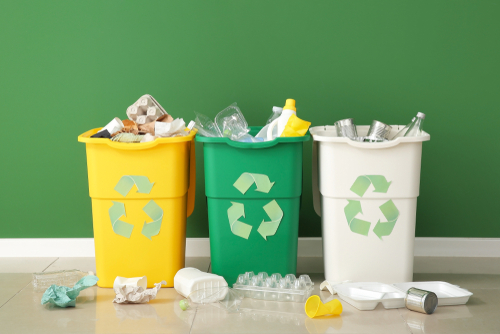Introduction
Waste reduction and recycling have become imperative practices in today’s world due to the escalating environmental concerns. Both processes play a pivotal role in curbing pollution, conserving resources, and creating a sustainable future.
Understanding Waste Reduction
Definition and Concepts
Waste reduction involves minimizing the generation of waste materials through various strategies. It encompasses practices such as minimizing packaging, choosing reusable items, and adopting eco-friendly alternatives.
Strategies for Waste Reduction
The “reduce, reuse, recycle” approach serves as a fundamental strategy for waste reduction. Encouraging sustainable practices, such as composting and upcycling, further aids in minimizing waste generation.

Benefits of Waste Reduction and Recycling
Environmental Impact
Reducing and recycling waste significantly diminishes environmental degradation. It conserves natural resources, reduces greenhouse gas emissions, and minimizes pollution, thereby preserving ecosystems.
Economic Advantages
Apart from environmental benefits, Waste Reduction and Recycling offer substantial economic advantages. Recycling industries create jobs, reduce landfill expenses, and save on production costs by utilizing recycled materials.
Social Benefits
Communities benefit from cleaner environments, improved health conditions, and enhanced quality of life when waste reduction and recycling practices are implemented effectively.
Challenges in Waste Reduction
Contamination Issues
Contamination in recycling streams remains a significant challenge, as it hampers the quality and usability of recycled materials, leading to inefficiencies in the recycling process.
Lack of Awareness
Insufficient awareness among individuals and industries regarding proper waste management practices impedes effective waste reduction efforts.
Infrastructural Limitations
Inadequate infrastructure for recycling and waste management poses challenges in efficient collection, sorting, and processing of recyclable materials.

Innovations in Recycling Technologies
Advanced Recycling Techniques
Technological advancements have introduced innovative recycling methods like chemical recycling, enabling the recovery of materials that were previously difficult to recycle.
Emerging Trends in Waste Management
Trends such as the circular economy, where products are designed for reuse and recycling, are gaining prominence, leading to more sustainable waste management practices.
Initiatives and Policies for Waste Reduction
Government Regulations
Governments worldwide are implementing regulations and policies to promote waste reduction and encourage recycling practices, aiming for a greener and more sustainable future.
Corporate and Community Initiatives
Numerous corporations and communities are taking proactive steps by launching campaigns, partnerships, and initiatives to promote waste reduction and recycling awareness.
International Collaborations
Collaborative efforts between nations, sharing best practices and technologies, are instrumental in tackling global waste management issues.
Tips for Individuals and Businesses
Practical Ways to Reduce Waste
Individuals can contribute to waste reduction by adopting simple yet impactful habits, such as minimizing the use of single-use plastics, choosing reusable products, and composting organic waste. Small lifestyle changes collectively make a significant difference in reducing waste generation.
Implementing Effective Recycling Practices
Understanding local recycling guidelines, properly sorting recyclables, and supporting products made from recycled materials are essential steps in effective recycling. Businesses can play a vital role by implementing recycling programs within their operations and encouraging sustainable practices among employees and customers.

Future Outlook
Potential Developments in Waste Reduction
Continued advancements in technology and increased awareness are expected to lead to more efficient waste reduction techniques. Innovations in waste-to-energy technologies, improved recycling infrastructure, and the development of eco-friendly materials offer promising prospects for reducing waste globally.
Role of Technology and Innovation
Technological innovations, such as artificial intelligence and robotics, are anticipated to revolutionize waste management processes. These advancements will enhance sorting and recycling capabilities, leading to more streamlined and effective waste management systems.
Conclusion
In conclusion, waste reduction and recycling are indispensable practices crucial for building a sustainable future. Addressing challenges through innovation, awareness, policy interventions, and collaborative efforts is imperative. By implementing practical strategies and fostering a collective responsibility towards waste management, we can make substantial progress towards a cleaner and healthier environment for generations to come.

